Die Meinungen über Sportgetränke gehen weit auseinander. Doch welche Inhaltsstoffe sind wirklich sinnvoll und welche Mischungsverhältnisse sind empfehlenswert? triathlon.de klärt auf.
Wasserverlust vermeiden
Sportgetränke dienen dazu den Körper mit Flüssigkeit zu versorgen, welche der Sportler während des Sports auschwitzt. Bei geringem Wassermangel kann es zu Einschränkungen der Ausdauerleistung kommen. Außerdem sorgt der Wassermangel im Organismus für Muskelkrämpfe. Es kann sogar zu Kopfschmerzen, Schwindel und Verwirrtheit kommen. Den Ironman auf Hawaii würde man beispielsweise ohne Wasserzufuhr nicht überleben.Elektrolyte auffüllen
Außerdem sind in Sportgetränken Elektrolyte enthalten. Elektrolyte sind Mineralstoffe, welche essentiell für den Körper sind. Diese werden mit dem ausgeschwitzt und müssen deshalb nachgefüllt werden. Trainierte Sportler schwitzen schneller und mehr und das ist auch gut so, denn dadurch wird der Körper früher und besser gekühlt und ist somit leistungsfähiger. Der Anteil an Mineralstoffen im Schweiß ist jedoch geringer als bei einem Untrainierten Menschen.
Ausreichend Natrium und Chlorid ist wichtig für den Körper, da bei einem Mangel die Soffwechselprozesse sehr viel langsamer erfolgen und somit die Muskeln des Sportlers nur sehr langsam mit energie versorgt werden.
Energiespeicher auffüllen
Individualität bei der Bekömmlickeit
Ganz wichtig ist: Als Sportler sollte man immer auf seinen Körper hören und selber ausprobieren, welche Getränke und Nahrung einem während des Sports bekommt. Außerdem ist wichtig wie schnell der Körper die Flüssigkeit verwerten kann und wie schnell es ihm zur Verfügung steht.
4 - 8 % kurzkettige Kohlenhydrate (Glucose, Maltose) in einem Sportgetränk sind Ideal. Außerdem sollte das Getränk eine Temperatur von 10 Grad haben, da der Körper wärmere und kältere Getränke langsamer verstoffwechselt.
Maltodextrin
Maltodextrin ist ein Produkt aus Glucose und wird langsamer resorbiert. Der Körper hat länger Energie, da keine Insulinausschüttung stattfindet und die Osomolarität (Teilchendichte) ist in Maltodextrin sehr gering und kann deshalb auch in größeren Mengen eingesetzt werden.
Fotos: triathlon.de, Ingo Kutsche
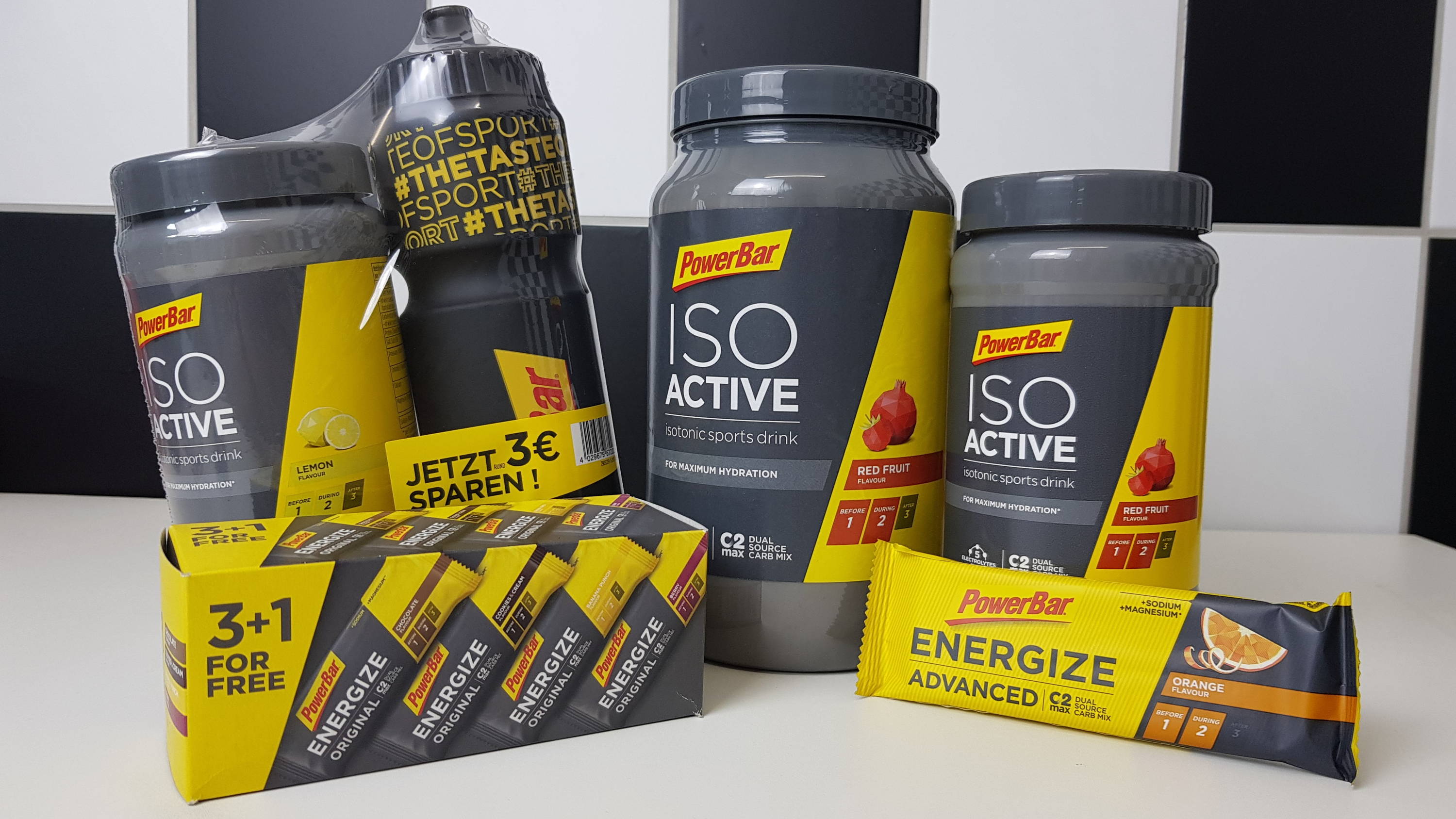





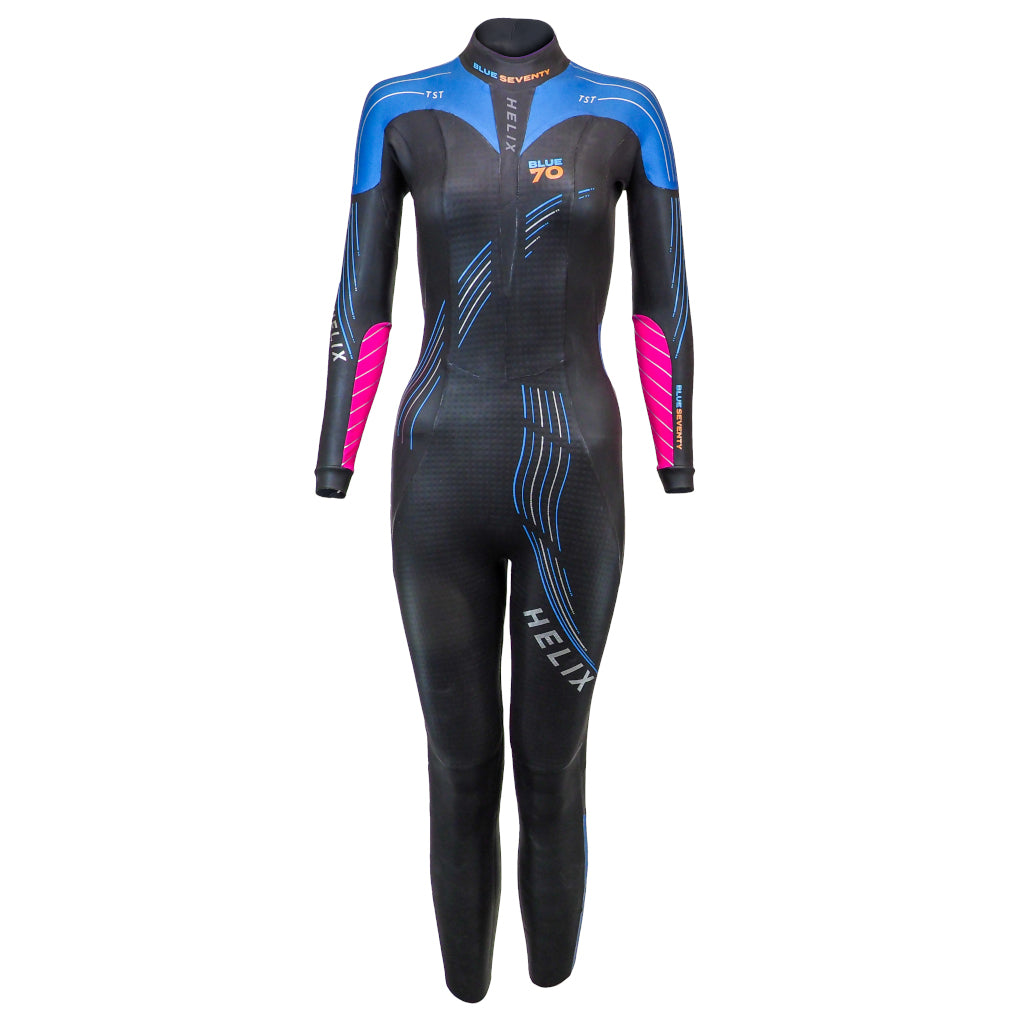
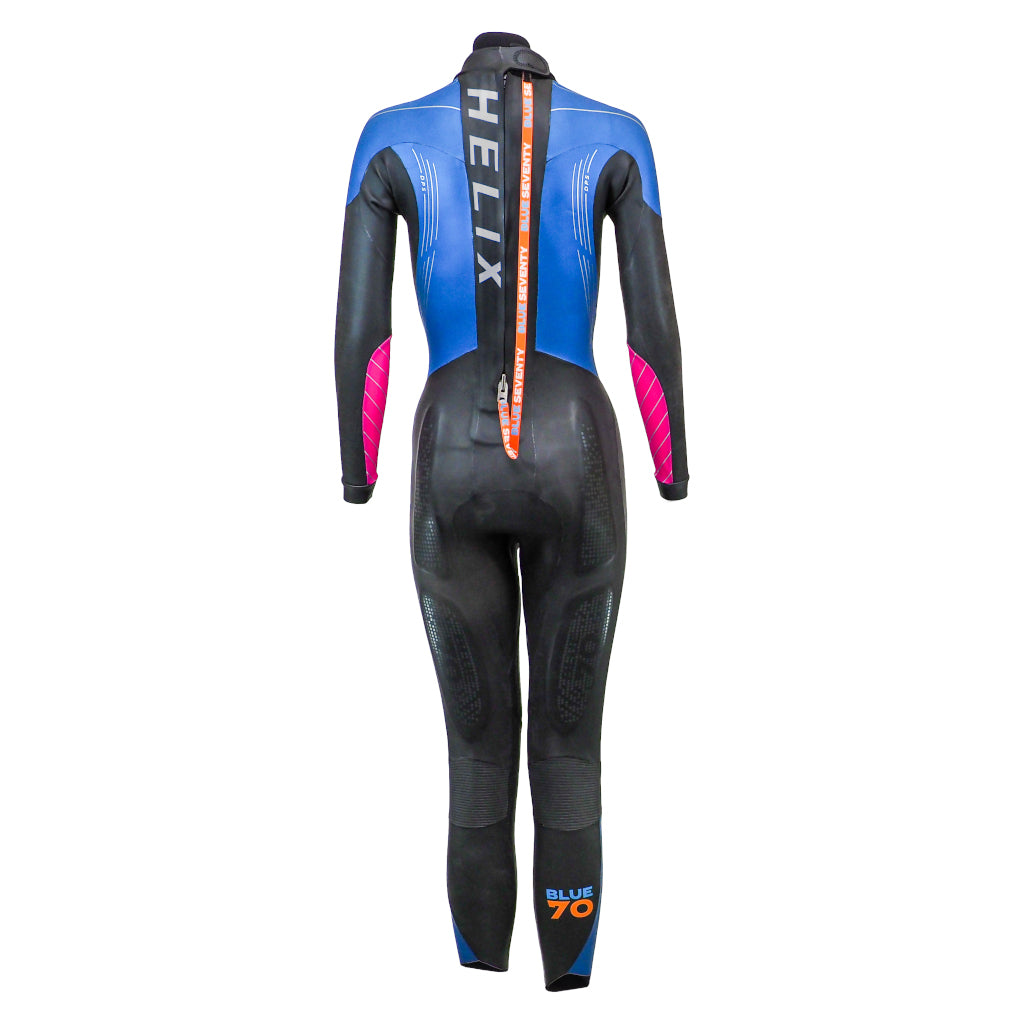
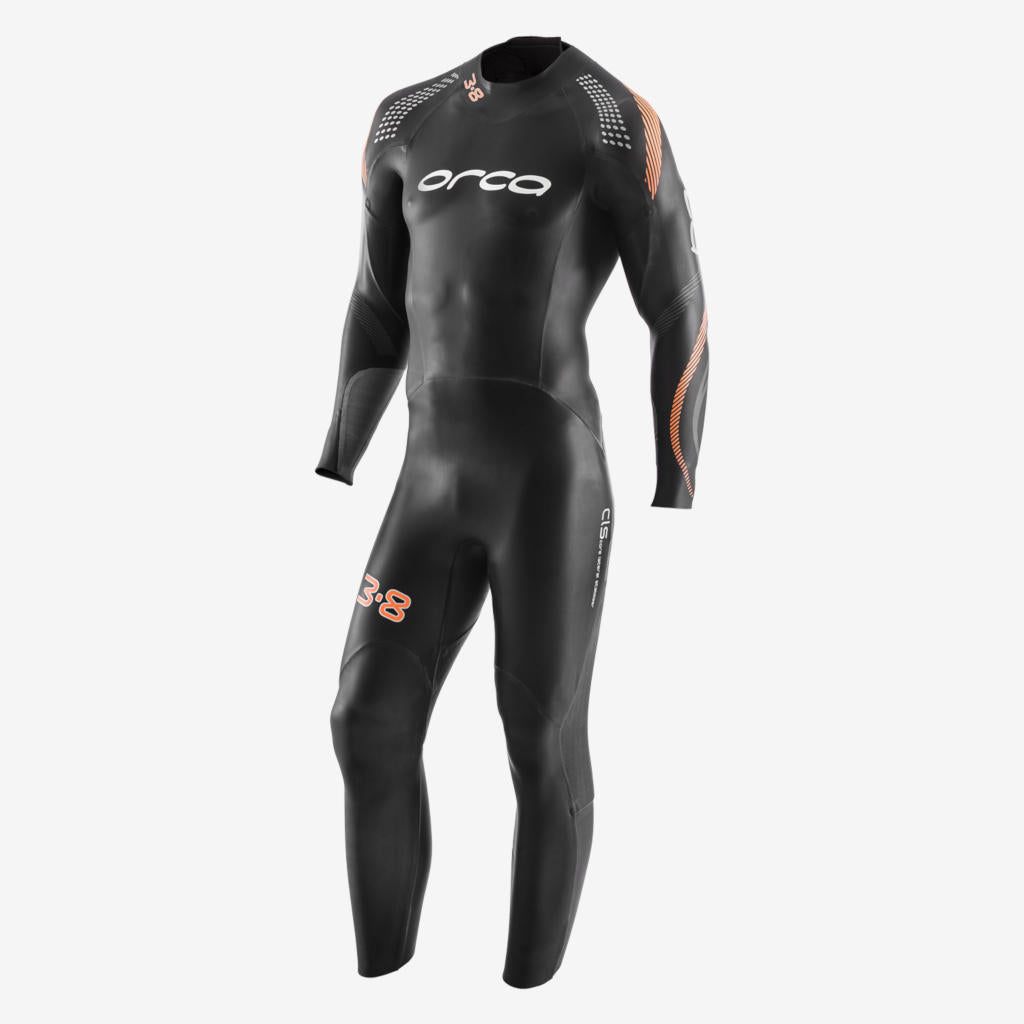
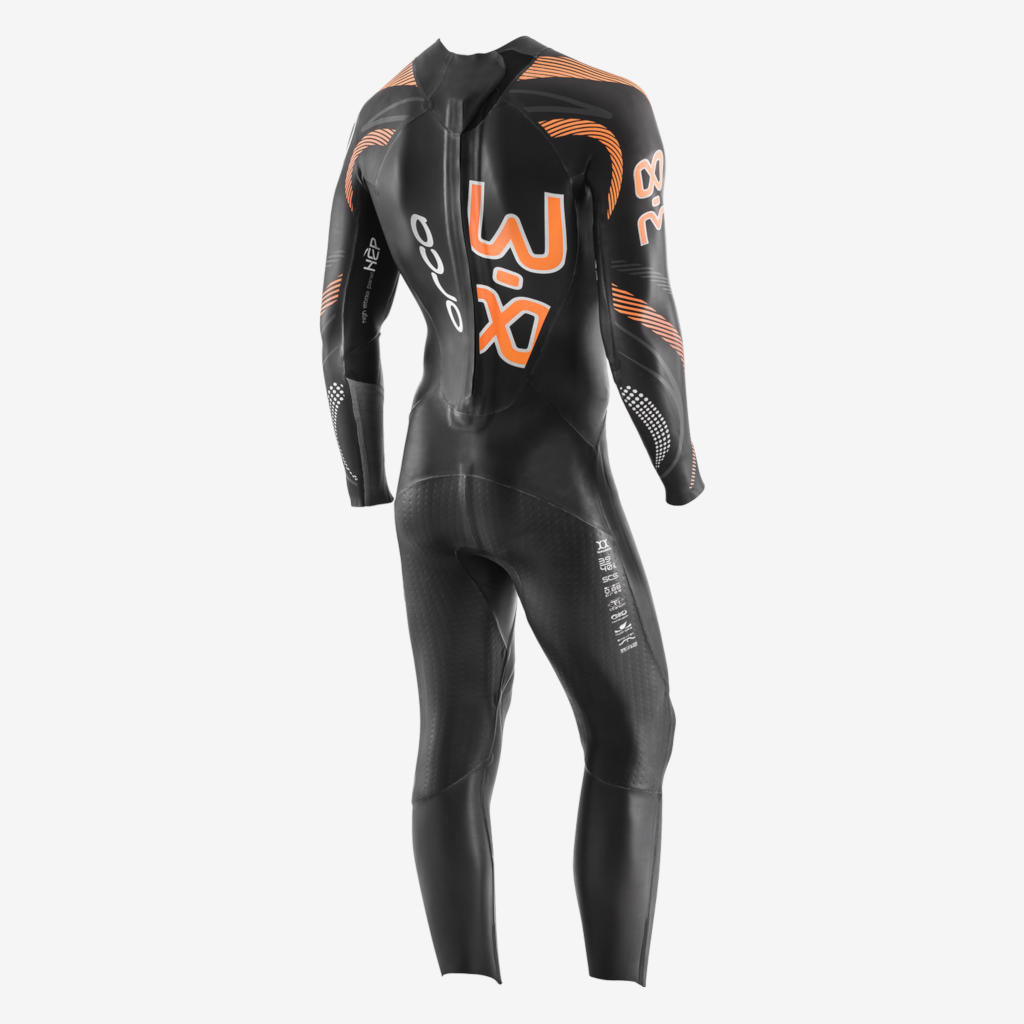
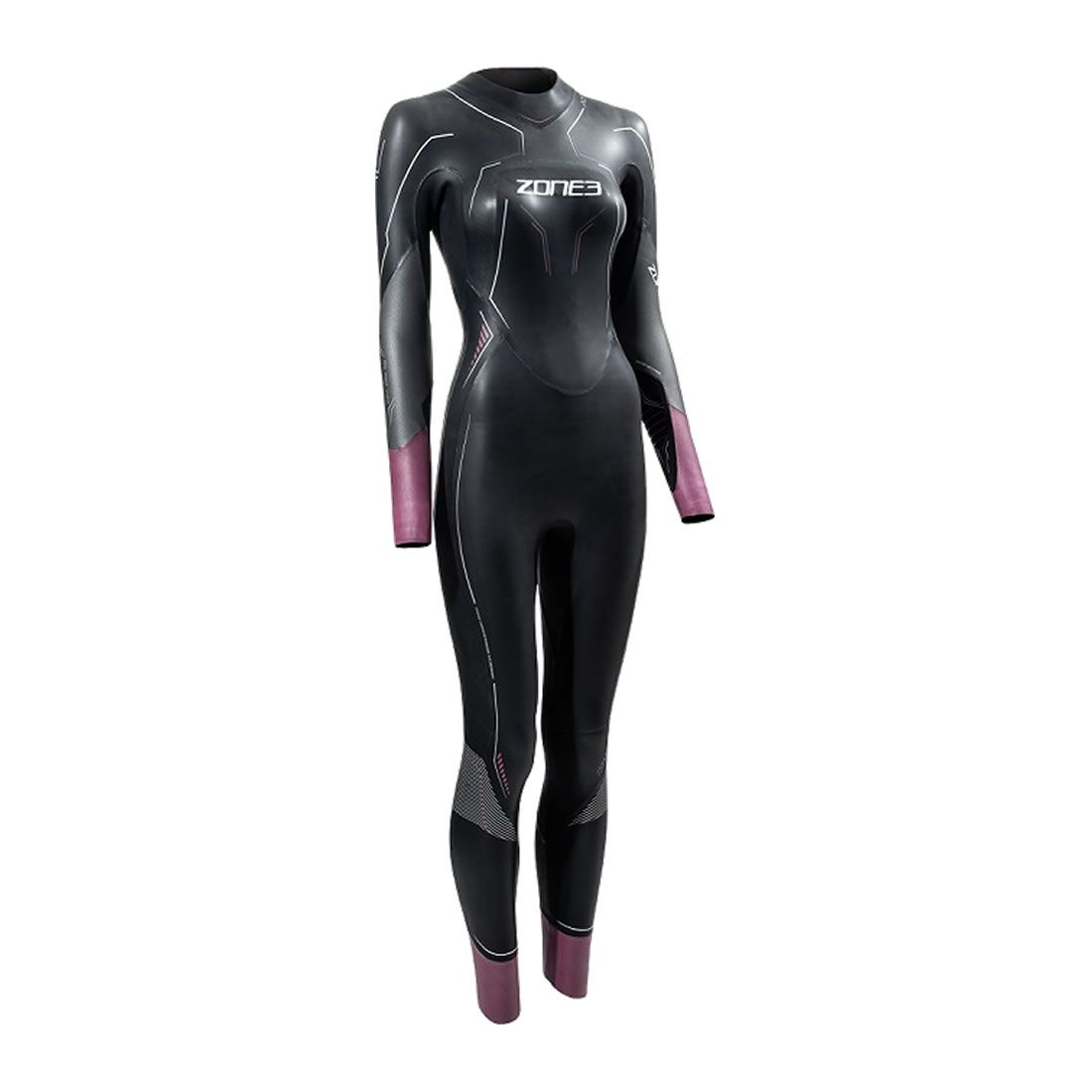
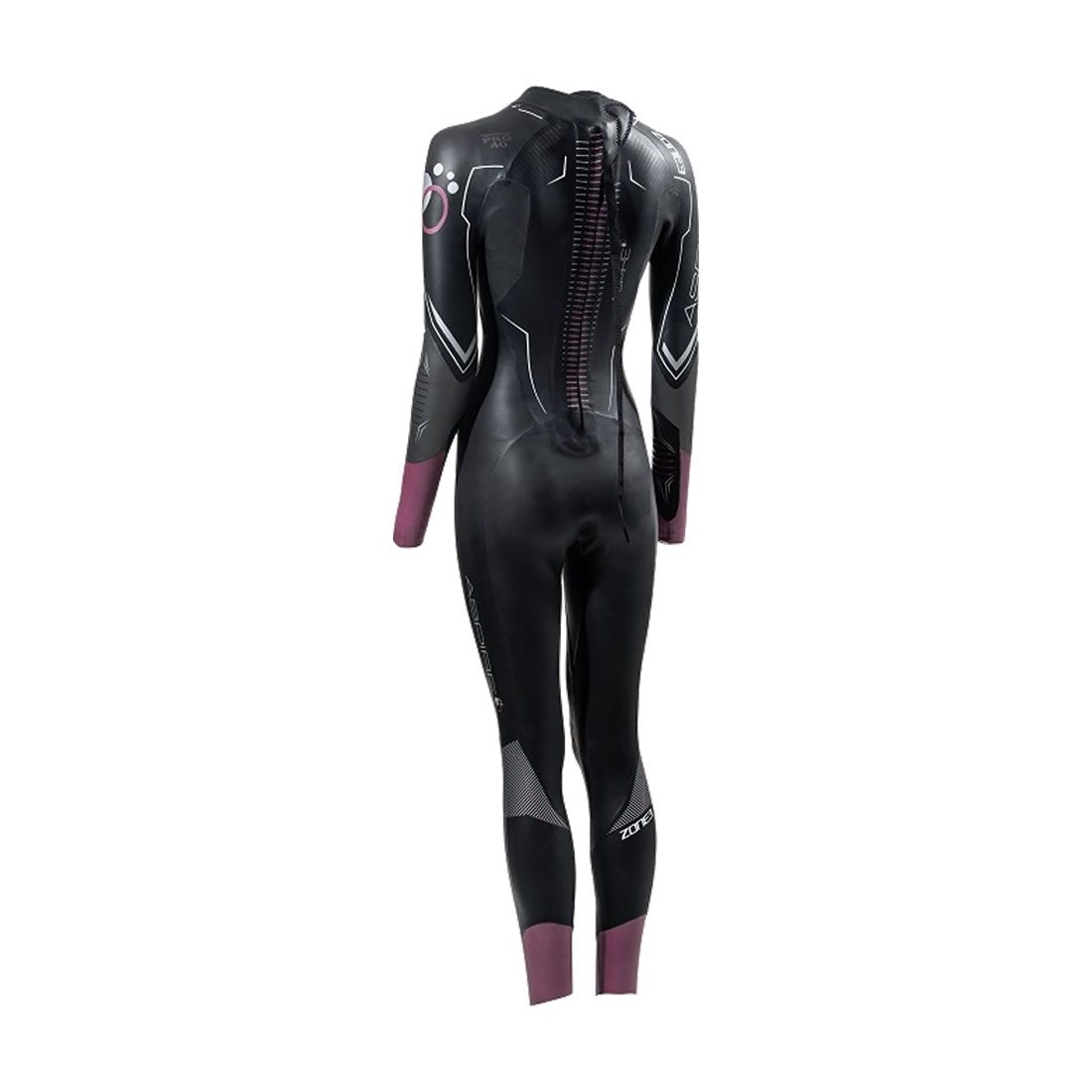
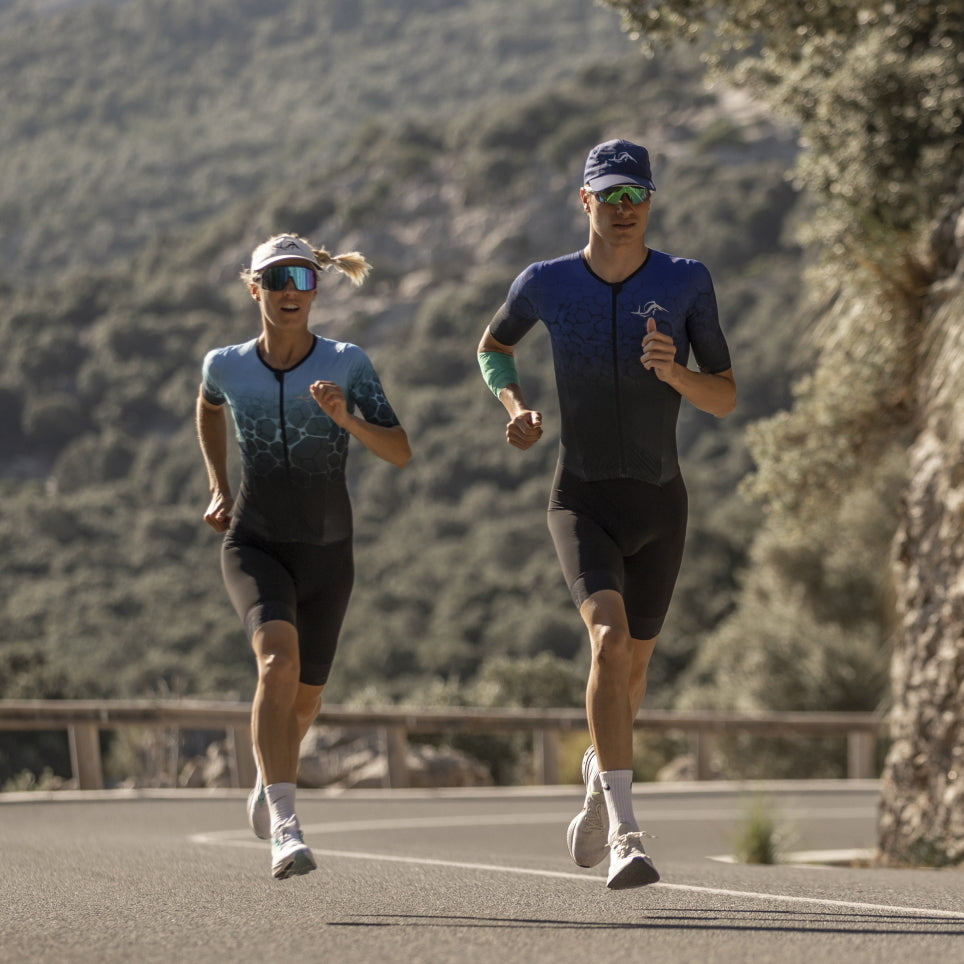
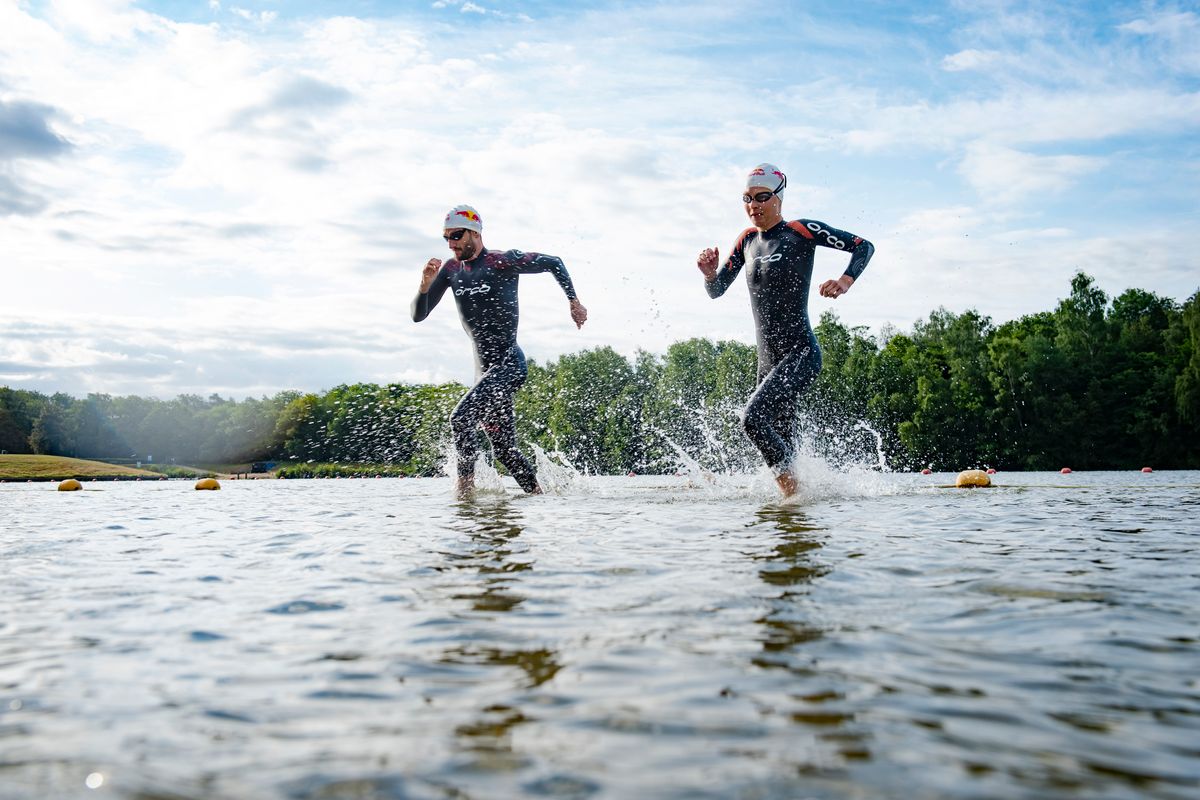
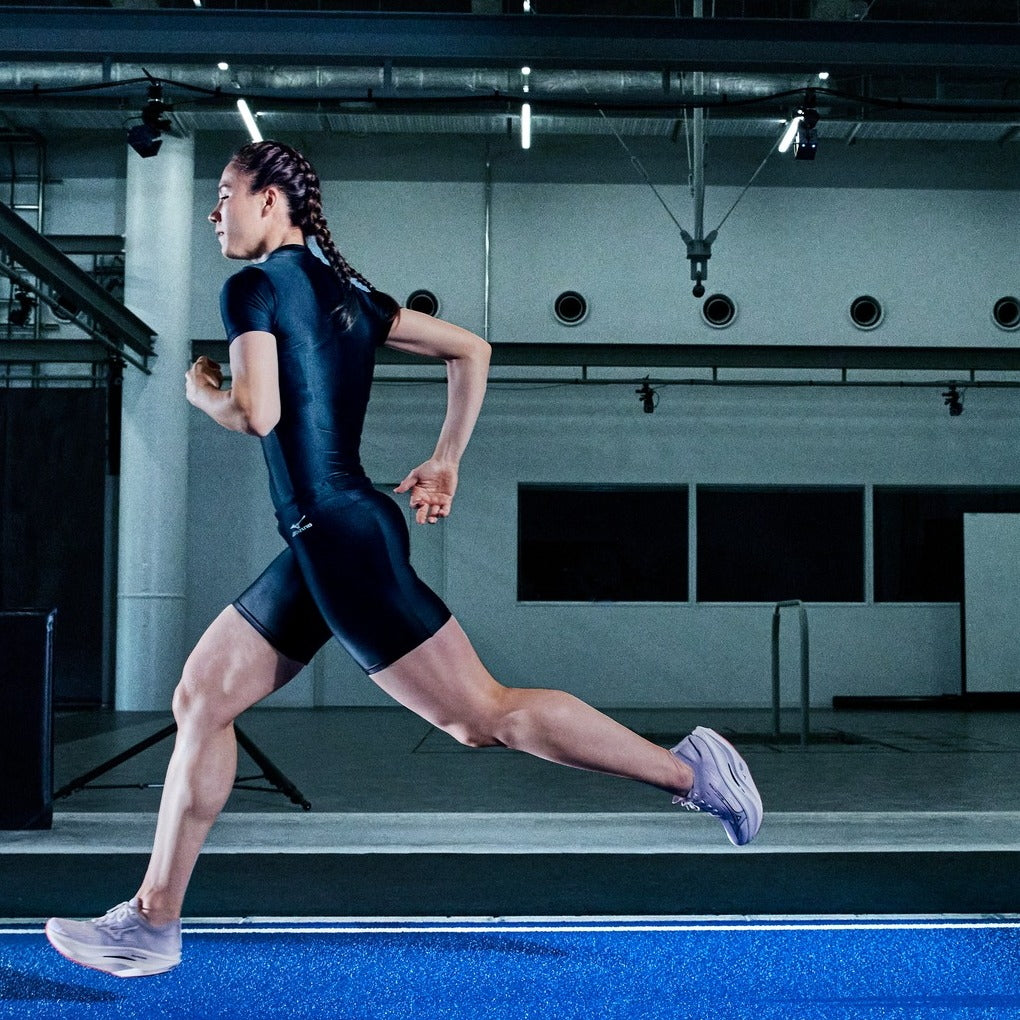

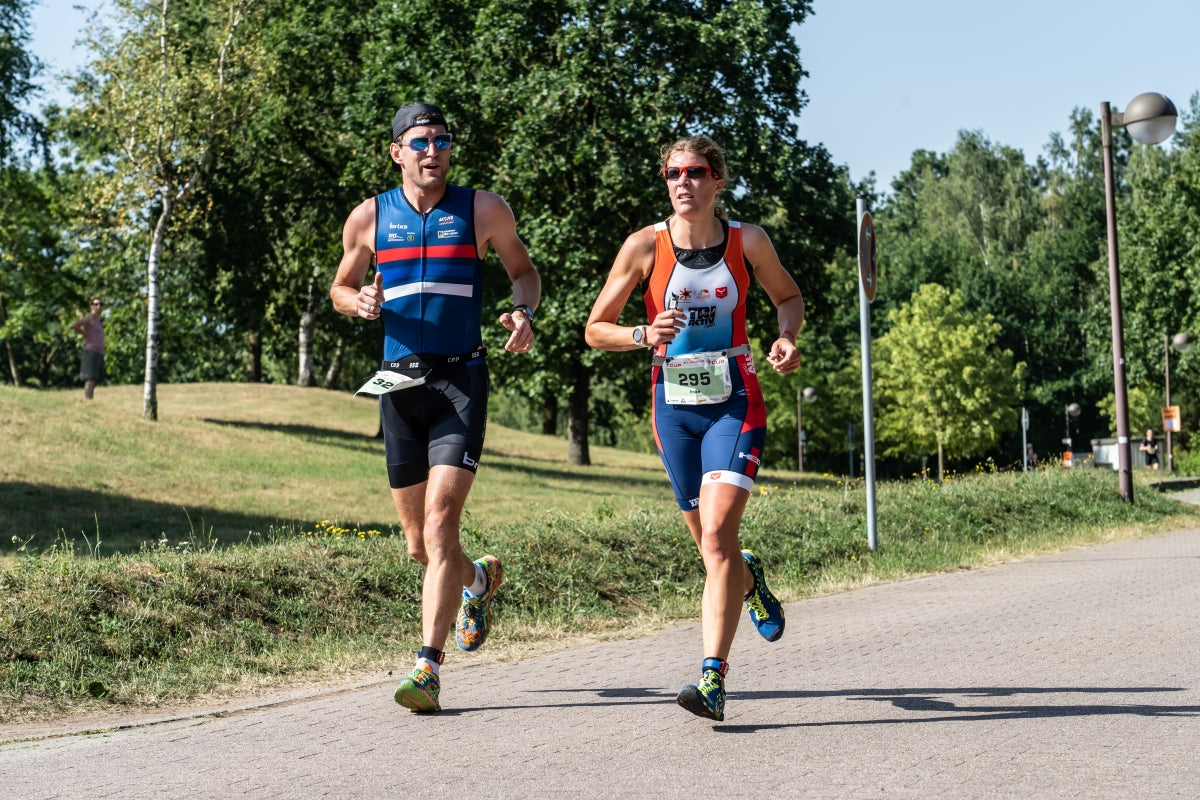
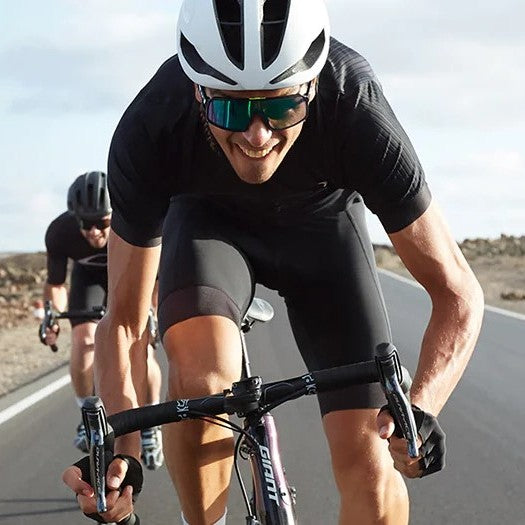
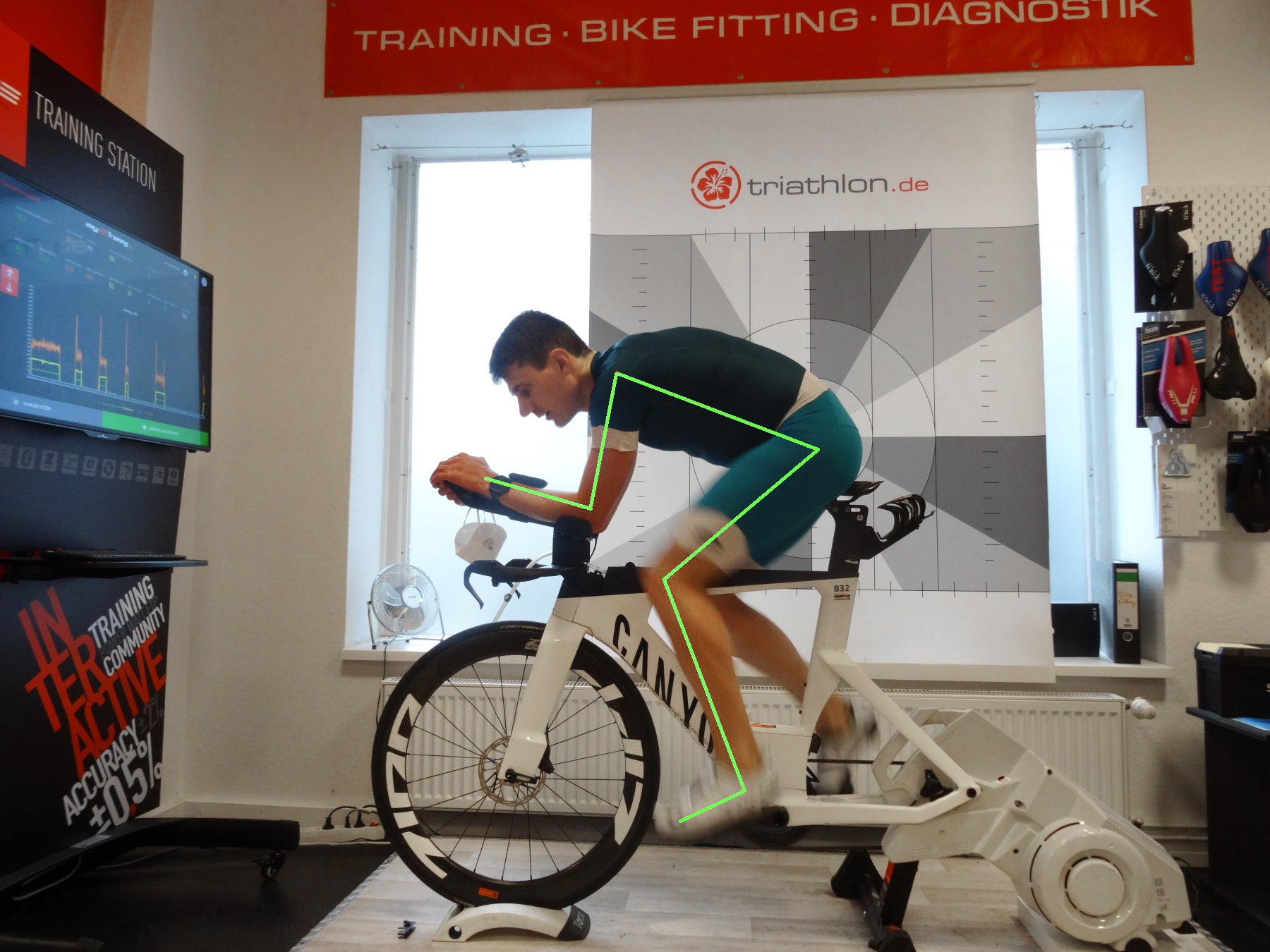
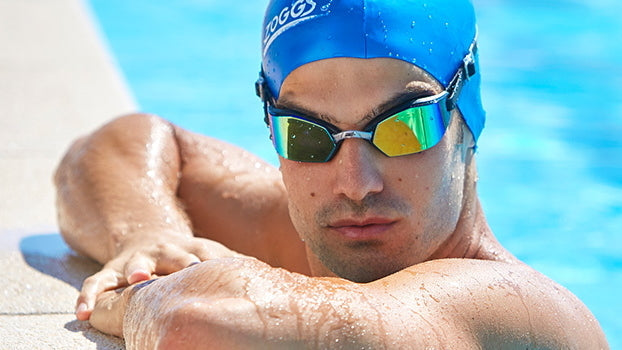



2 Kommentare
Leon
Lecker ist es sehr
Leon
Danke